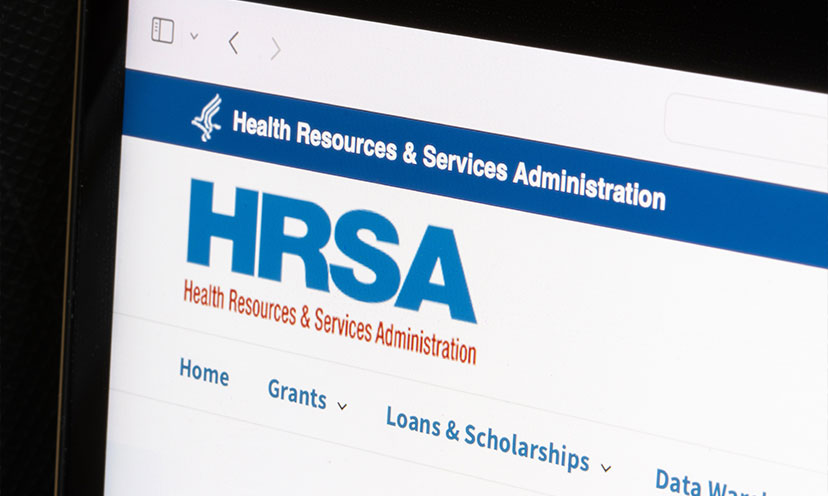Share This Article
Regular blood work helps catch health issues early and manage chronic conditions effectively, but costs can add up quickly when you’re trying to stay on top of your health. With some strategic planning and knowing where to look, you can get the lab tests you need while keeping expenses manageable.
Understanding your options empowers you to make informed decisions about when, where, and how to get essential blood work done affordably.
Medicare Coverage You Might Not Know About
If you’re on Medicare, you likely have more lab coverage than you realize. Medicare Part B covers medically necessary clinical diagnostic laboratory tests when ordered by your doctor, and you usually pay nothing for these covered tests. This includes blood chemistry panels, complete blood counts, and tissue specimens.
Understanding what qualifies as “medically necessary” helps you maximize these benefits. Medicare covers up to 2 blood glucose screenings each year if you’re at risk for diabetes – including if you’re 65 or older, overweight, have family history of diabetes, or have other risk factors. Similarly, Medicare provides coverage for cholesterol screenings every five years and various preventive blood tests when you meet specific criteria.
Helpful tip: Schedule lab work through Medicare-approved facilities to avoid surprise costs. The Medicare coverage database helps you verify which tests are covered before your appointment.

Community Health Centers: Affordable Care Close to Home
Community health centers often provide lab services at significantly reduced rates based on your ability to pay. These federally qualified health centers (FQHCs) operate on sliding fee scales, making essential blood work accessible regardless of your income level.
Many community health centers offer comprehensive lab panels at a fraction of typical retail costs. Some centers provide in-house laboratory services with same-day or next-day results, eliminating multiple appointments and reducing overall expenses.
Find community health centers near you using the HRSA Health Center Finder or contact your local health department for referrals. These centers often provide additional support services like health education and chronic disease management alongside affordable lab work.

Direct-Pay Lab Services: Transparent Pricing
Several companies now offer direct-to-consumer lab testing at competitive prices. Walk-In Lab provides direct access to discounted lab testing without insurance requirements or doctor’s orders, often saving up to 85% off retail prices. LabCorp OnDemand offers similar services with access to over 2,000 Patient Service Centers nationwide.
Common direct-pay pricing includes:
- Basic metabolic panels starting around $25-40
- Complete blood counts from $20-35
- Comprehensive wellness panels ranging from $99-199
These services typically provide results within 1-3 days and often include easy-to-understand summaries explaining what your numbers mean. Ulta Lab Tests offers another option with discounted wellness panels available at over 2,100 patient service centers.

Workplace and Community Resources
Don’t overlook your employer’s wellness benefits, which often include discounted screening programs. Many employers partner with major lab companies like LabCorp and Quest Diagnostics to offer comprehensive health panels, biometric screenings, and even at-home collection kits at no cost to employees.
Some programs provide additional family member discounts, with employees receiving extra savings when workforce participation reaches certain levels. Check with your HR department about wellness program offerings – even retirees sometimes maintain access to these benefits through former employers.
Community health fairs provide another valuable resource for affordable screenings. These events often offer comprehensive metabolic panels for as low as $20, along with free basic assessments like blood pressure and BMI measurements. CVS Project Health events provide free health screenings in communities nationwide, staffed by medical professionals who offer valuable health information alongside testing.
Strategic Planning for Ongoing Lab Work
Before Any Lab Work
Ask your doctor which tests are truly necessary and how often they need repeating. Request written prescriptions to use at lower-cost facilities, and compare prices between different laboratories in your area. Check whether your insurance covers tests at certain facilities but not others.
For Long-term Monitoring
Track your results over time to identify patterns and discuss with your doctor which tests can be spaced out longer if results remain stable. Consider splitting comprehensive panels into smaller, focused tests if you only need specific monitoring – this can sometimes reduce costs while still providing necessary information.
Making Smart Choices About Your Health
The key to affordable blood work lies in being proactive and exploring all available options. Whether through Medicare benefits, community resources, or direct-pay services, you can stay on top of your health without facing overwhelming expenses.
Regular monitoring represents an investment in your long-term wellbeing, and these strategies help make that investment manageable. Remember that consistent health monitoring often prevents more expensive problems down the road, making affordable lab access both a financial and health priority.

